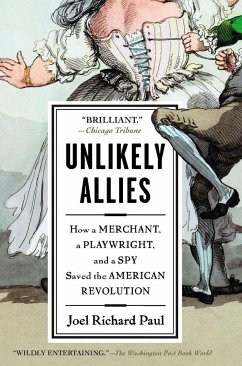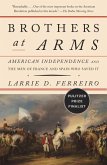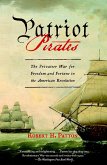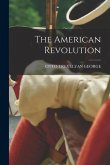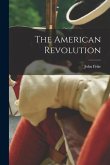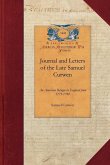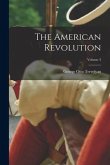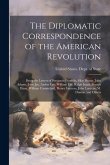Look out for Joel Paul's new book, Without Precedent: Chief Justice John Marshall and His Times Silas Deane, a Connecticut merchant and member of the Continental Congress, went to France to persuade the king to support the colonists in their struggle with Britain. Pierre-Augustin Caron de Beaumarchais was a playwright who had access to the arms and ammunition that Deane needed. And the Chevalier d'Éon was a diplomat and sometime spy for the French king who ignited a crisis that persuaded the French to arm the Americans. This is the true story of how three remarkable people lied, cheated, stole, and cross-dressed across Europe to gain France's aid as the War of American Independence hung in the balance.

